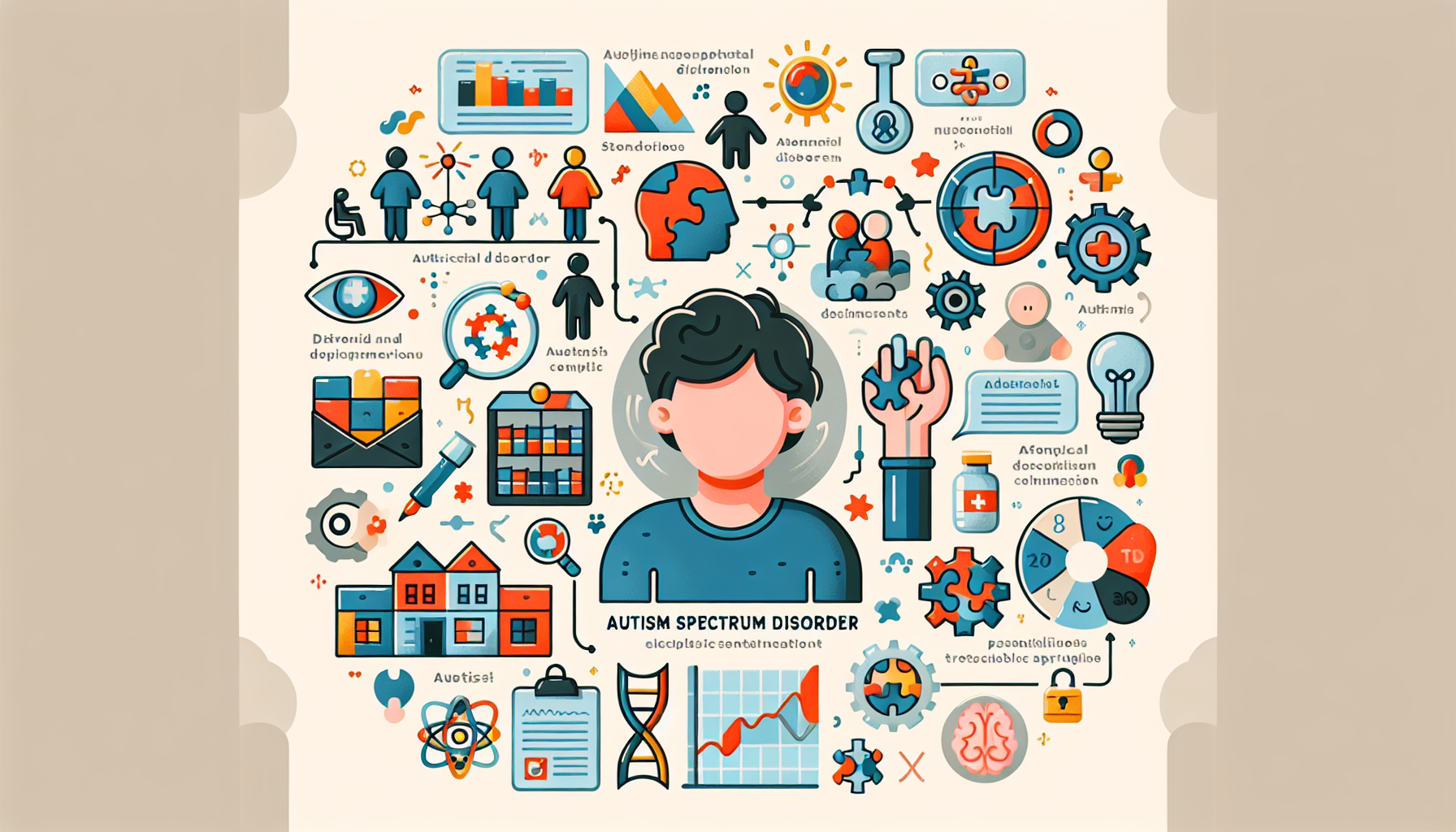ABA Therapy Workshops
Discover aba therapy workshops that empower families with essential skills and knowledge for autism support.

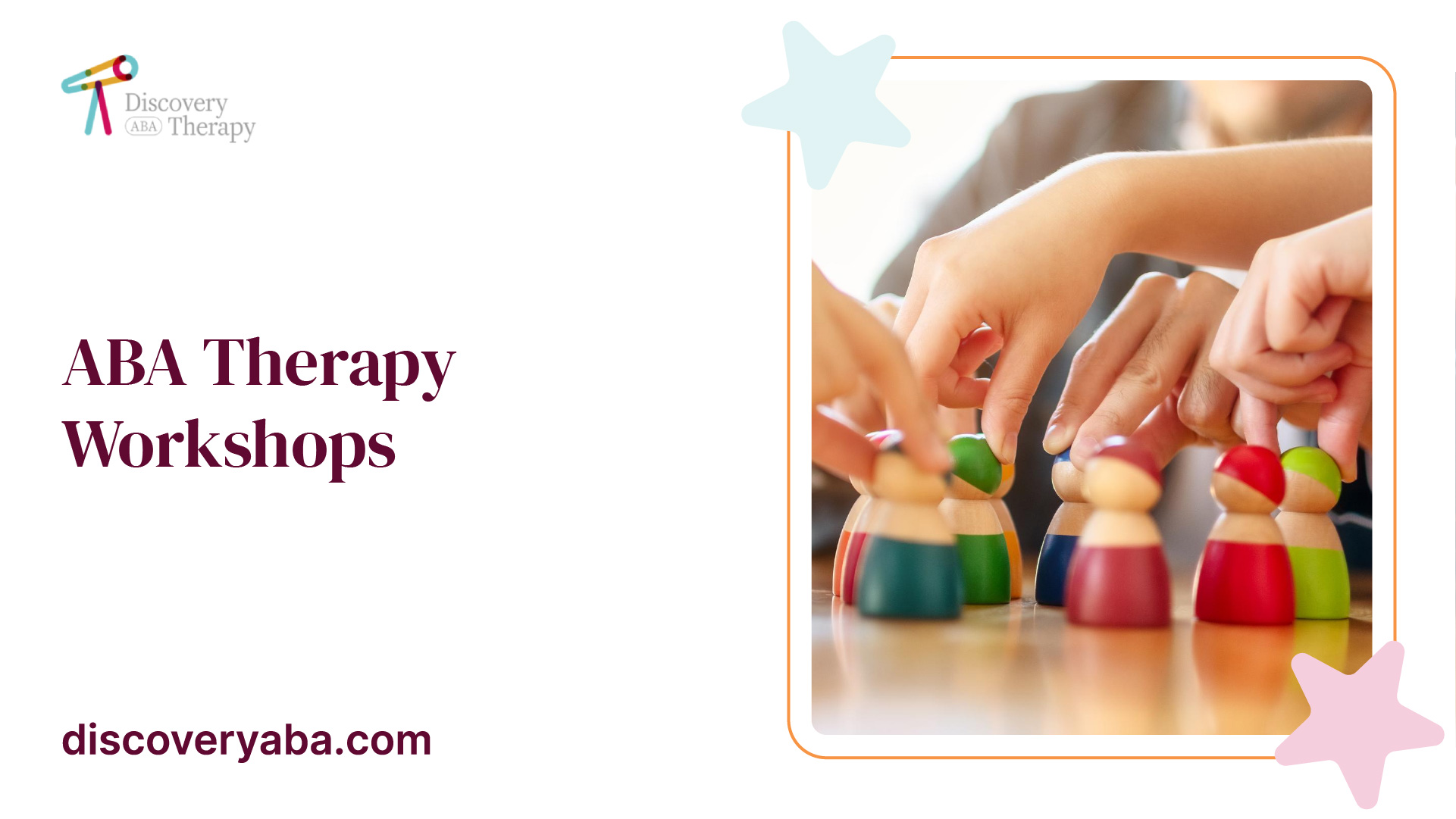
Understanding ABA Therapy
Basics of ABA Therapy
Applied Behavior Analysis (ABA) therapy is a scientifically validated approach that focuses on improving socially significant behaviors in individuals. It is commonly used to support individuals with autism spectrum disorder (ASD) and other developmental or behavioral disorders. ABA therapy employs systematic techniques to analyze and modify behaviors, promoting positive behavior change and enhancing the overall quality of life. This is achieved through the use of positive reinforcement, prompting, and other evidence-based strategies [1].
ABA therapy emphasizes understanding behavior in a positive way by developing tailor-made interventions that teach essential skills and reduce undesired behaviors. Each treatment plan is individualized, ensuring that it meets the unique needs of each child receiving therapy. Families of children diagnosed with autism can benefit greatly from understanding the foundational principles of ABA therapy, as it equips them to actively participate in their child’s progress.
Importance of ABA Certification
Certification in ABA therapy is crucial for practitioners to ensure they are well-equipped to implement ABA techniques and strategies effectively. The certification process typically involves meeting specific requirements, which include completing relevant coursework, accumulating supervised practical experience, and passing a certification examination [1]. This rigorous training helps to maintain high standards within the field of ABA therapy.
The importance of certification is reflected in its role as a measure of competency. Families seeking ABA therapy for their loved ones should prioritize finding certified practitioners. Certified professionals are not only knowledgeable about the latest techniques but also committed to ethical practices in the treatment of individuals with autism. For more information on certification requirements, families can visit our article on aba therapy certification requirements.
The demand for certified ABA therapists is growing, especially as ABA therapy is considered the gold standard for treating children with autism spectrum disorder. This increasing need is reflected in the job outlook for ABA professionals, as discussed in our article on aba therapy job outlook. For those interested in furthering their knowledge, there are also various aba therapy online resources available to assist families and practitioners alike.
ABA Therapy Techniques
ABA therapy utilizes a variety of techniques to analyze and modify behaviors, aiming to promote positive behavior change and enhance the overall quality of life of individuals diagnosed with autism. This section will cover the key behavioral analysis methods and practical training components that are integral to ABA therapy.
Behavioral Analysis Methods
The methods employed in ABA therapy focus on systematic techniques that seek to improve behavior through evidence-based strategies. Some of the most common methods include:
MethodDescriptionPositive ReinforcementRewards for desired behavior to encourage repetition.PromptingCues to assist in performing desired behaviors.Discrete Trial Training (DTT)Structured, repetitive practice to teach skills.
Practical Training Components
To equip professionals with the foundational knowledge and practical skills necessary to work with individuals with diverse needs, ABA therapy training covers various topics. These components are designed to ensure effective learning and behavior change.
ComponentPurposeBehavioral AssessmentEvaluates skill levels and guides intervention.Intervention PlanningDevelops tailored plans to address individual needs.Data CollectionMeasures progress and informs strategy adjustments.Ethical ConsiderationsEnsures respect and dignity in therapy practices.
These techniques and training components form the backbone of effective ABA therapy. Understanding and implementing these methods is crucial for families and professionals involved in the therapeutic process. For additional resources, consider exploring our section on aba therapy online resources.
ABA Therapy Sessions
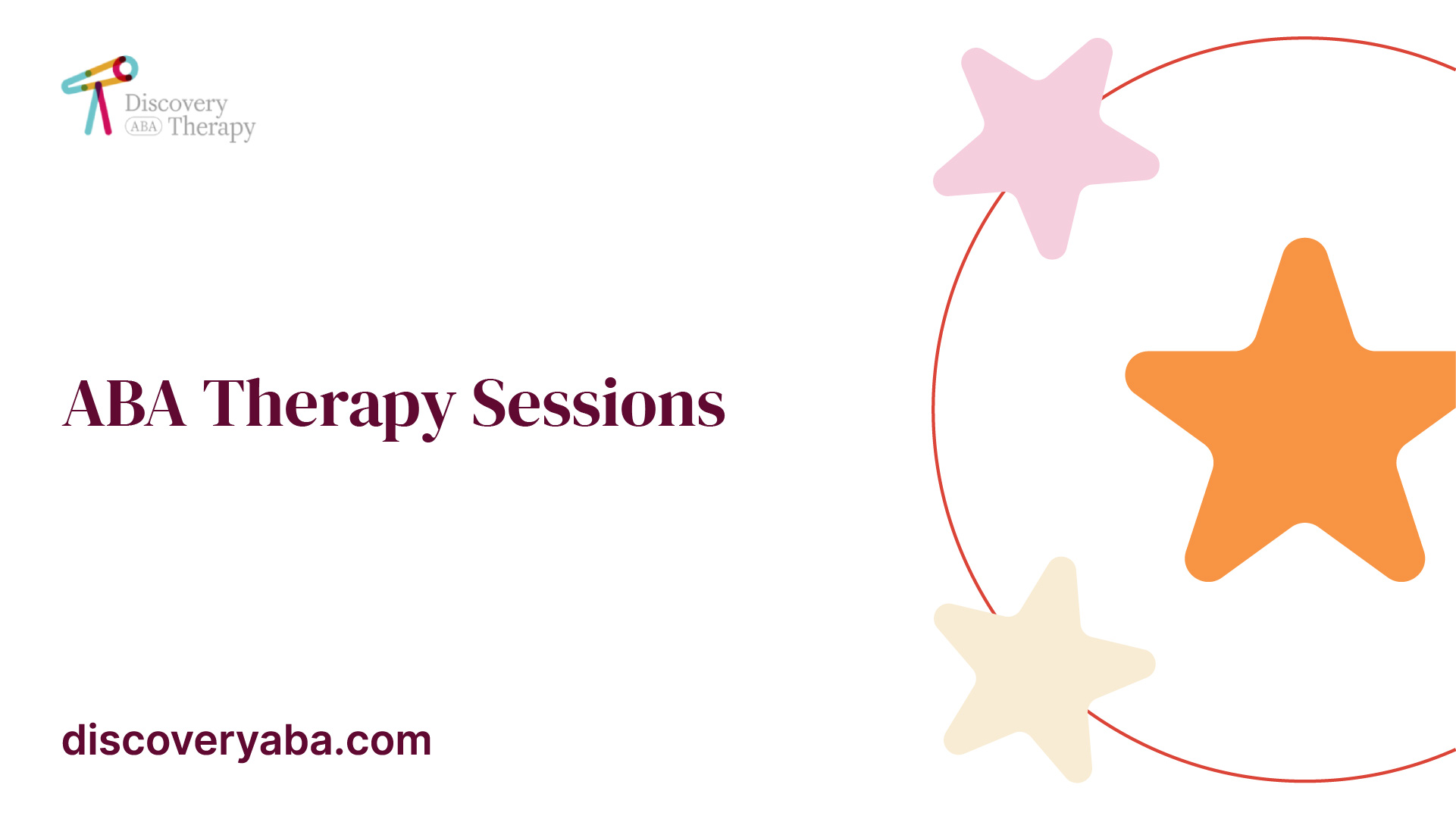
ABA therapy sessions are designed to cater to the individual needs of children diagnosed with autism. Understanding the structure, duration, and the various settings in which these sessions can occur is essential for families seeking effective therapy options.
Structure and Duration
The structure of ABA sessions is tailored to each child's unique strengths, needs, and preferences. Sessions can range in duration from one hour to four hours, depending on the child’s requirements and availability. It is not uncommon for some children to have sessions that last between two to six hours. Each session incorporates a combination of engaging techniques to keep the child motivated and focused.
Duration of SessionTypical LengthShort Session1 hourMedium Session2 - 4 hoursExtended Session4 - 6 hours
Children participate in various activities during these sessions, which are designed to facilitate learning and promote skill generalization. The structure typically includes both one-on-one interactions and group activities to ensure a playful and enjoyable environment.
Setting Variations in ABA
ABA therapy can be conducted in multiple settings, such as schools, homes, or specialized clinics. While the session structure remains consistent across these environments, the specific activities may vary based on the context and the learning objectives.
Setting TypeDescriptionIn-HomePersonalized sessions in a familiar environment, focusing on home-related skills.SchoolIntegration of ABA techniques within the classroom setting to support academic and social skills.Clinic-BasedStructured environment with access to various resources and trained professionals.
Regardless of the setting, the goal is to create an engaging atmosphere that promotes learning. Two common approaches used in ABA therapy are Discrete Trial Training (DTT) and Natural Environment Training (NET). DTT involves formal interactions, often at a desk, focusing on intensive one-on-one work, while NET utilizes everyday situations to help children learn new skills in a more natural context.
By understanding the structure and variations of ABA therapy sessions, families can better navigate the options available for their children and work towards effective treatment plans. For more information about ABA therapy, including certification requirements and online resources, families can explore additional materials to aid their journey.
Parent Involvement in ABA
Parent involvement in ABA therapy is crucial for the progress of children diagnosed with autism. Engaging actively in the therapy process allows parents to reinforce positive behaviors and implement techniques learned during sessions at home.
Role in Child's Progress
Parents play an essential role in their child's development through ABA therapy. By participating in sessions, caregivers can learn effective strategies for reinforcing positive behaviors, enhancing play skills, and applying techniques outside of therapy. This involvement significantly contributes to a child's progress.
A board-certified behavior analyst (BCBA) typically leads the therapy sessions, with registered behavior technicians (RBTs) assisting. Parents who understand the fundamentals of ABA therapy can effectively implement function-based interventions that help reduce maladaptive behaviors and promote adaptive behaviors. For instance, parents should learn about the four functions of behavior: Escape, Attention, Access, and Automatic.
Function of BehaviorDescriptionEscapeAvoidance of a task or situation.AttentionSeeking attention from others.AccessGaining access to a preferred item or activity.AutomaticBehaviors that are self-reinforcing.
Understanding these functions enables parents to identify and implement function-based strategies effectively.
Learning Positive Reinforcement
Positive reinforcement is a powerful tool in changing behavior and enhancing skills. Parents can facilitate their child's growth and learning by incorporating positive reinforcement in their daily routines. Focusing on what children do right rather than their mistakes can make parenting and everyday life more enjoyable.
To maximize the benefits of positive reinforcement, parents should:
By teaching parents how to assist their child in developing life skills, they can influence their child's independence and overall well-being. Understanding how to apply positive reinforcement and recognizing the role of function-based interventions will significantly enhance the effectiveness of ABA therapy. For additional information, families may explore aba therapy online resources and consider attending aba therapy workshops for further training and support.
ABA Therapy Effectiveness
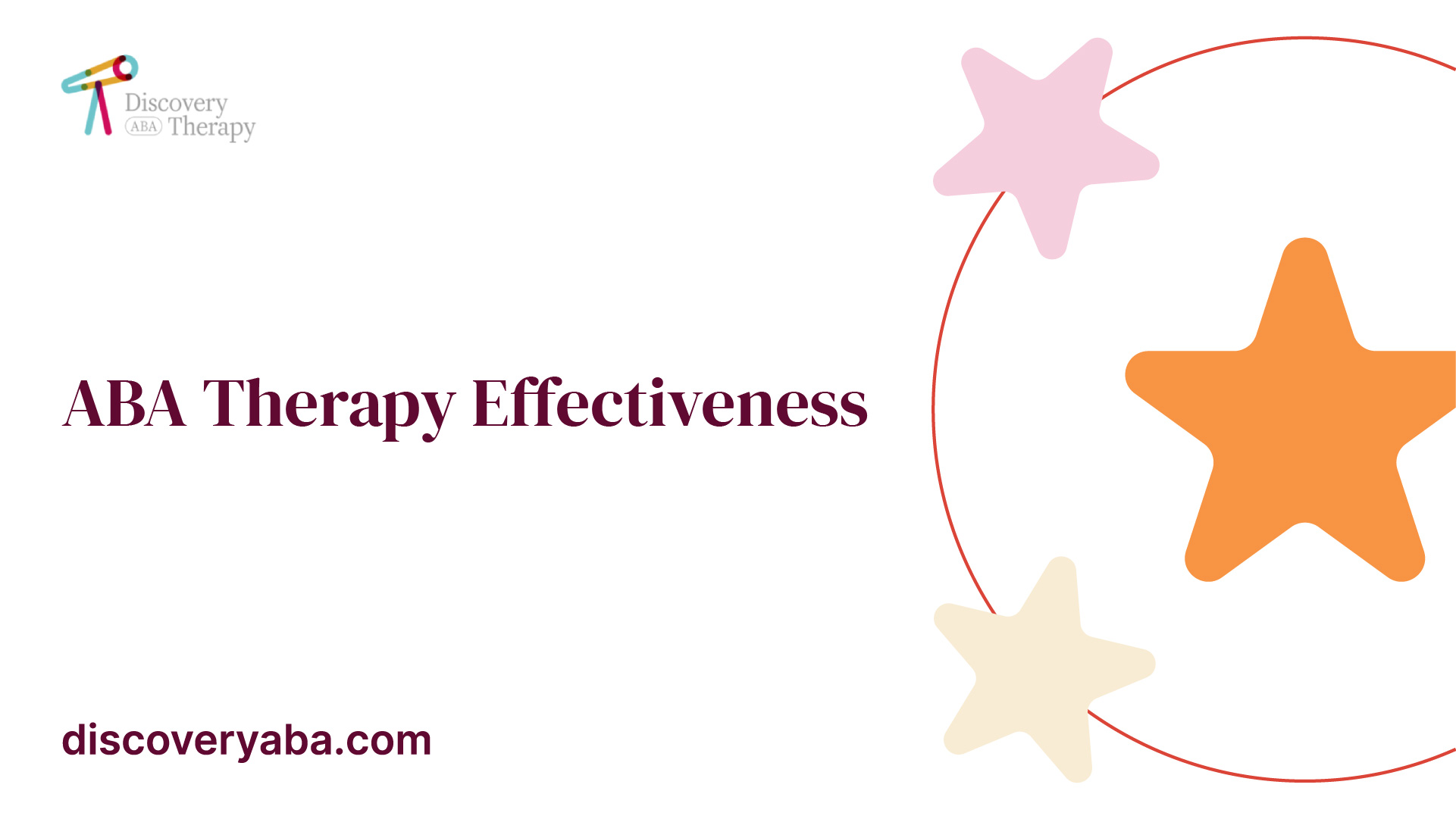
Impact on Autism Treatment
ABA therapy is recognized as the gold standard for treating children diagnosed with autism spectrum disorder (ASD). It has become a fundamental aspect of autism treatment not just in Southern California but globally. This method is supported by various health organizations, including the U.S. Surgeon General and the American Psychological Association, which classify it as an evidence-based best practice treatment. This classification signifies that ABA therapy has undergone rigorous scientific testing to validate its effectiveness in managing autism-related challenges.
Studies indicate that children receiving approximately 40 hours of ABA therapy per week over an extended period show significant improvement in various areas of functioning. Research has shown that around 90% of participants demonstrate advancements in skills and behaviors, making ABA therapy a highly effective intervention. Furthermore, ABA therapy accounts for 45% of all therapies that result in long-lasting and observable benefits [2].
Improvement AreaPercentage of Participants Showing ImprovementChallenging Behaviors90%Self-Care and Life Skills85%Social Skills80%Communication Skills75%
Success Stories and Studies
The effectiveness of ABA therapy is further illustrated through numerous success stories and studies. Families have reported transformative changes in their children's lives following the implementation of ABA techniques. These changes include reductions in disruptive behaviors, enhanced communication, and improved social interactions.
For instance, one study highlighted that children who engaged in intensive ABA therapy exhibited marked improvements in their ability to communicate their needs and interact with peers. This is crucial for fostering their independence and social integration. Moreover, parents frequently note enhanced self-care skills, allowing children to participate more actively in daily routines.
With the growing body of evidence supporting ABA therapy's effectiveness, many insurance providers are now mandated to cover these services, particularly for children under 21 when prescribed by a doctor. This accessibility is vital for families seeking quality interventions for their children.
For families interested in the latest developments and resources related to ABA therapy, exploring various ABA therapy online resources can provide valuable insights and support.
ABA Therapy Workshops
Purpose and Benefits
ABA therapy workshops serve as an essential resource for families of individuals diagnosed with autism. These workshops provide valuable insights into the principles of Applied Behavior Analysis (ABA) and its applications. They aim to enhance understanding of ABA therapy, its significance, and how it can be effectively used to support individuals with autism spectrum disorder (ASD).
The workshops offer several benefits:
Conference Contributions and Learning
ABA therapy conferences play a critical role in advancing the field. They gather professionals, practitioners, and families to discuss new developments and share successful strategies. These events contribute to the growth of knowledge and skills among attendees, which ultimately improves the quality of care provided to individuals with autism.
Conference FeatureDescriptionResearch PresentationsAttendees learn about cutting-edge research in ABA therapy and its implications for treatment.Workshops and TrainingHands-on sessions that focus on practical applications of ABA techniques in real-world settings.Panel DiscussionsExperts share insights and answer questions on various topics related to ABA therapy and autism treatment.Networking OpportunitiesFamilies and professionals can connect, share experiences, and build supportive relationships.
The collaborative environment fostered at these workshops and conferences allows families to feel empowered in their journey with autism. They can explore ABA therapy certification requirements and other resources to better understand how to support their loved ones. For more information on available resources, families can visit ABA therapy online resources to enhance their knowledge and skills in supporting individuals with autism.
References
[2]:
[3]:
[4]:
[5]:
[6]:
Find More Articles
Contact us
North Carolina, Tennessee, Nevada, New Jersey, Utah, Virginia
New Hampshire, Maine
Massachusetts, Indiana, Arizona, Georgia
.avif)












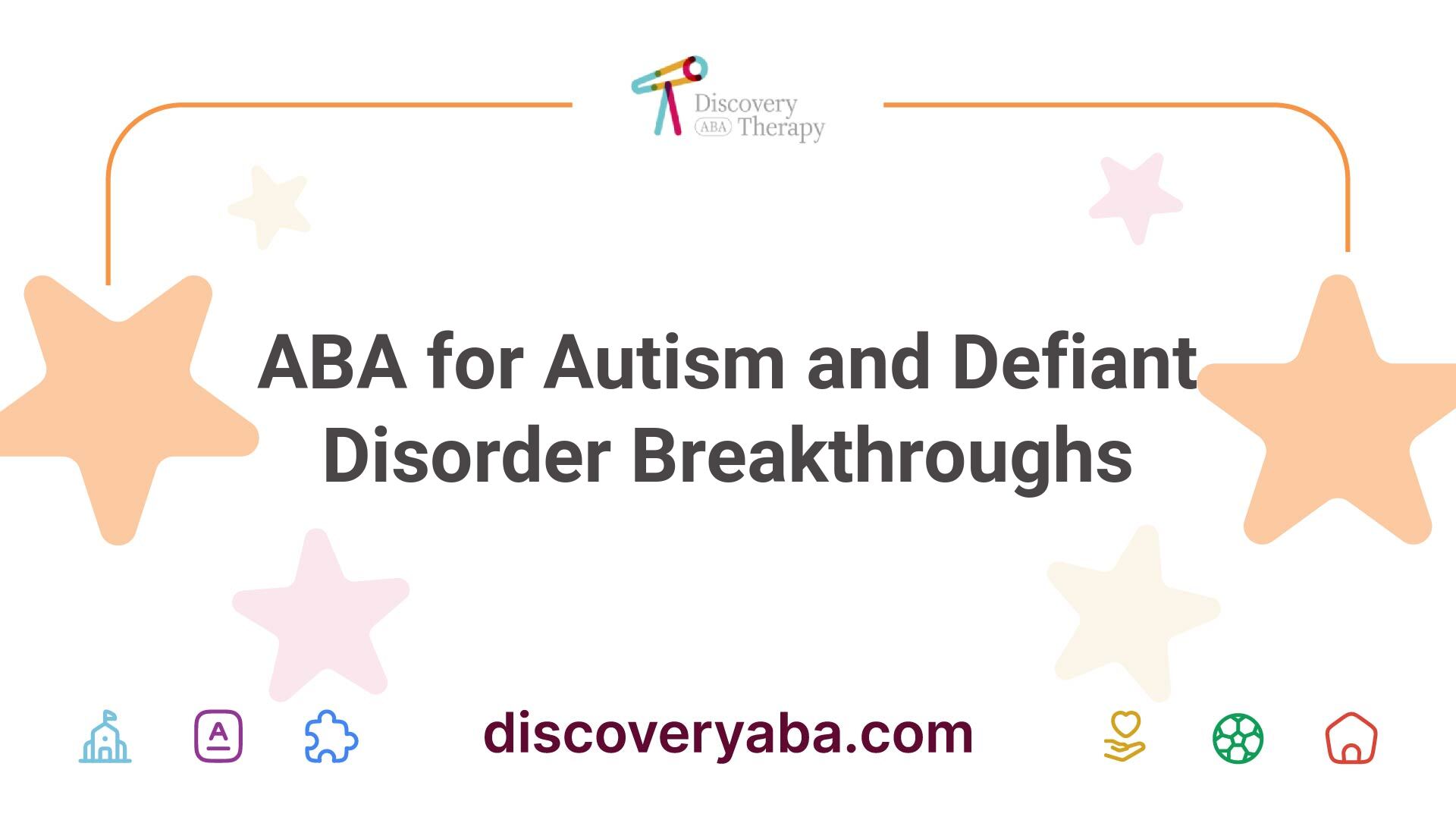






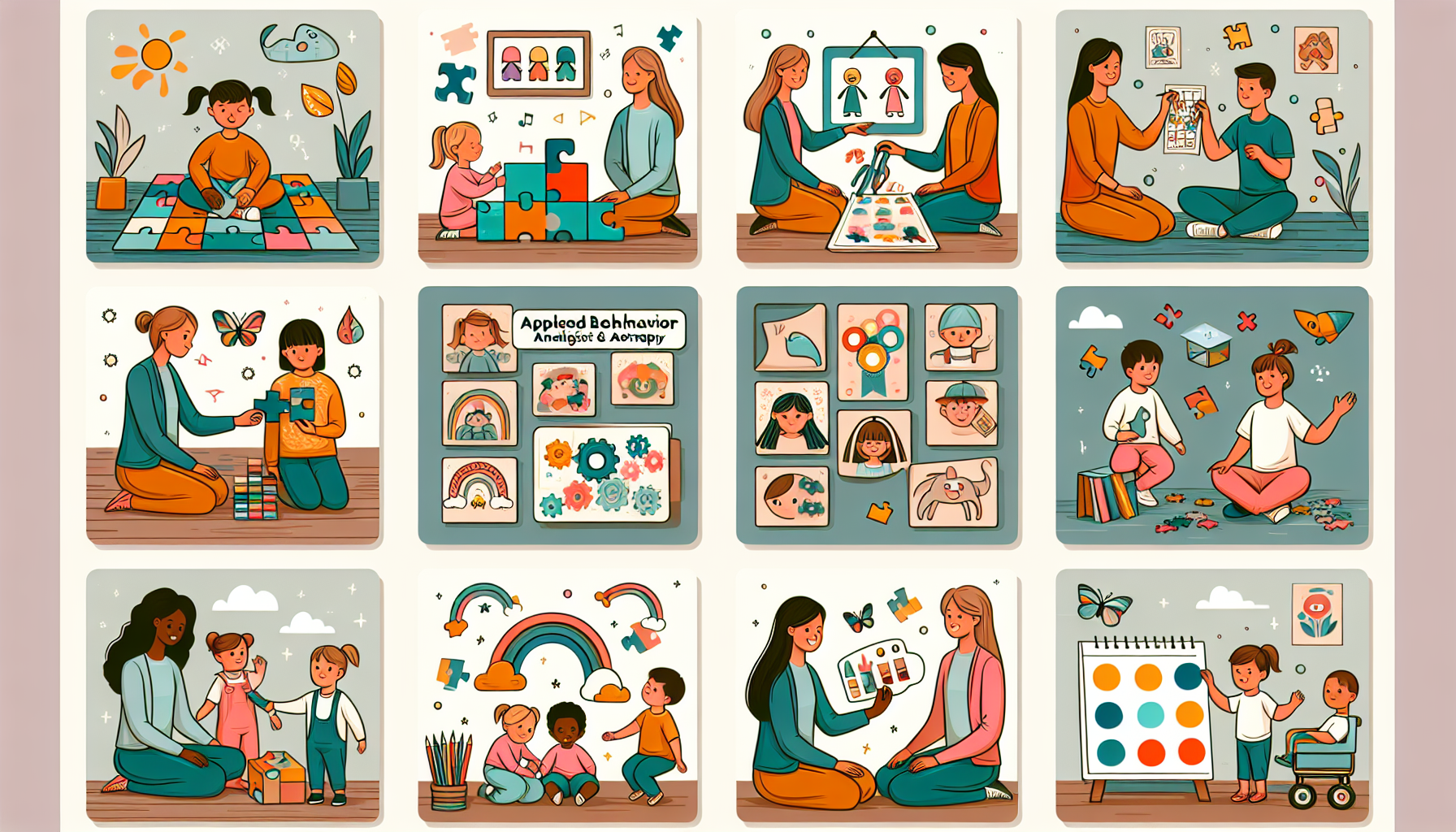
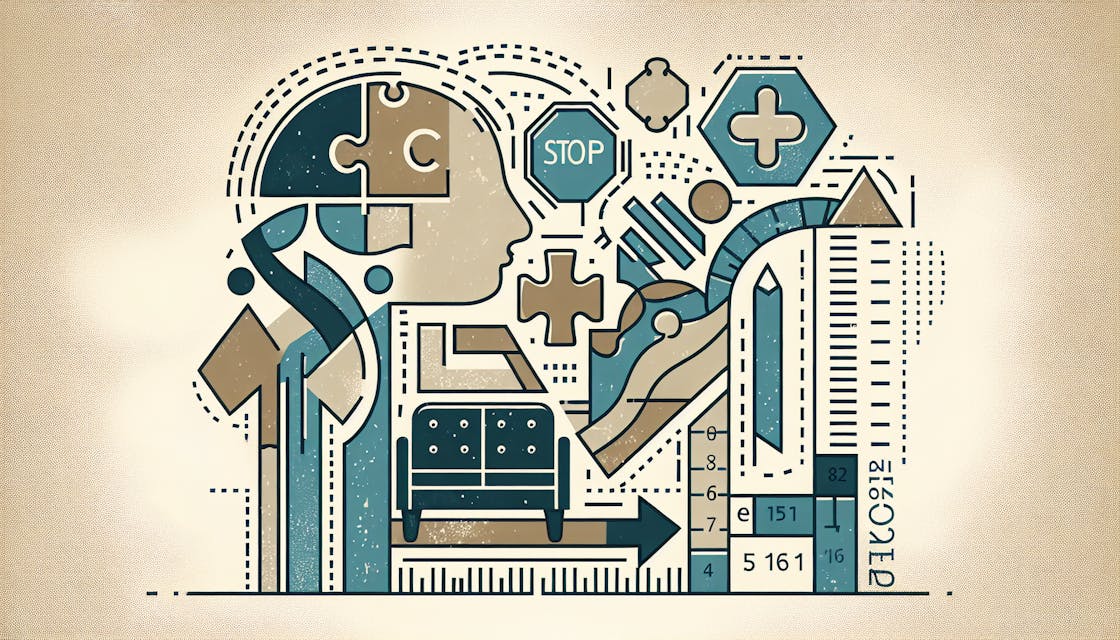




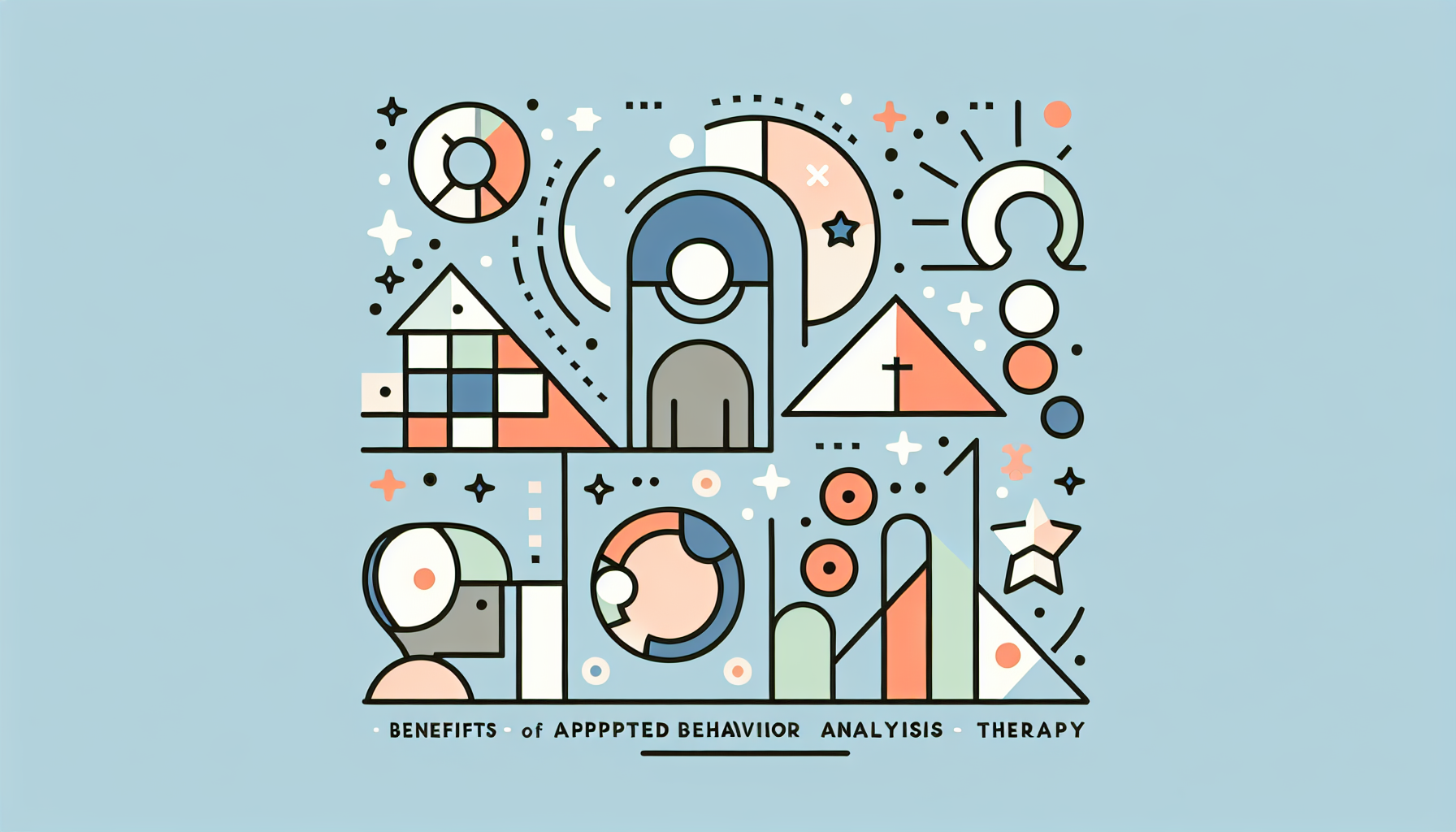






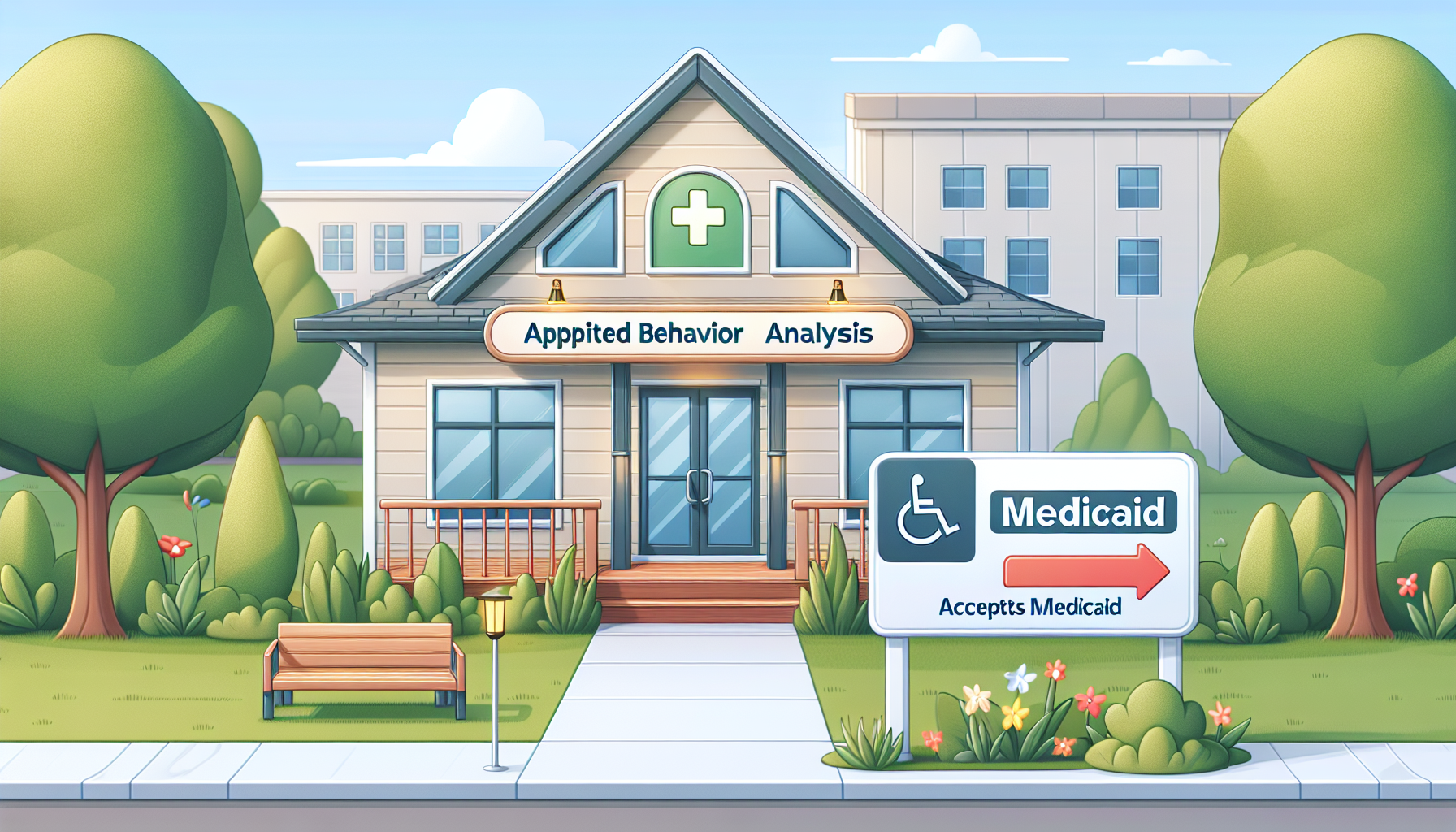




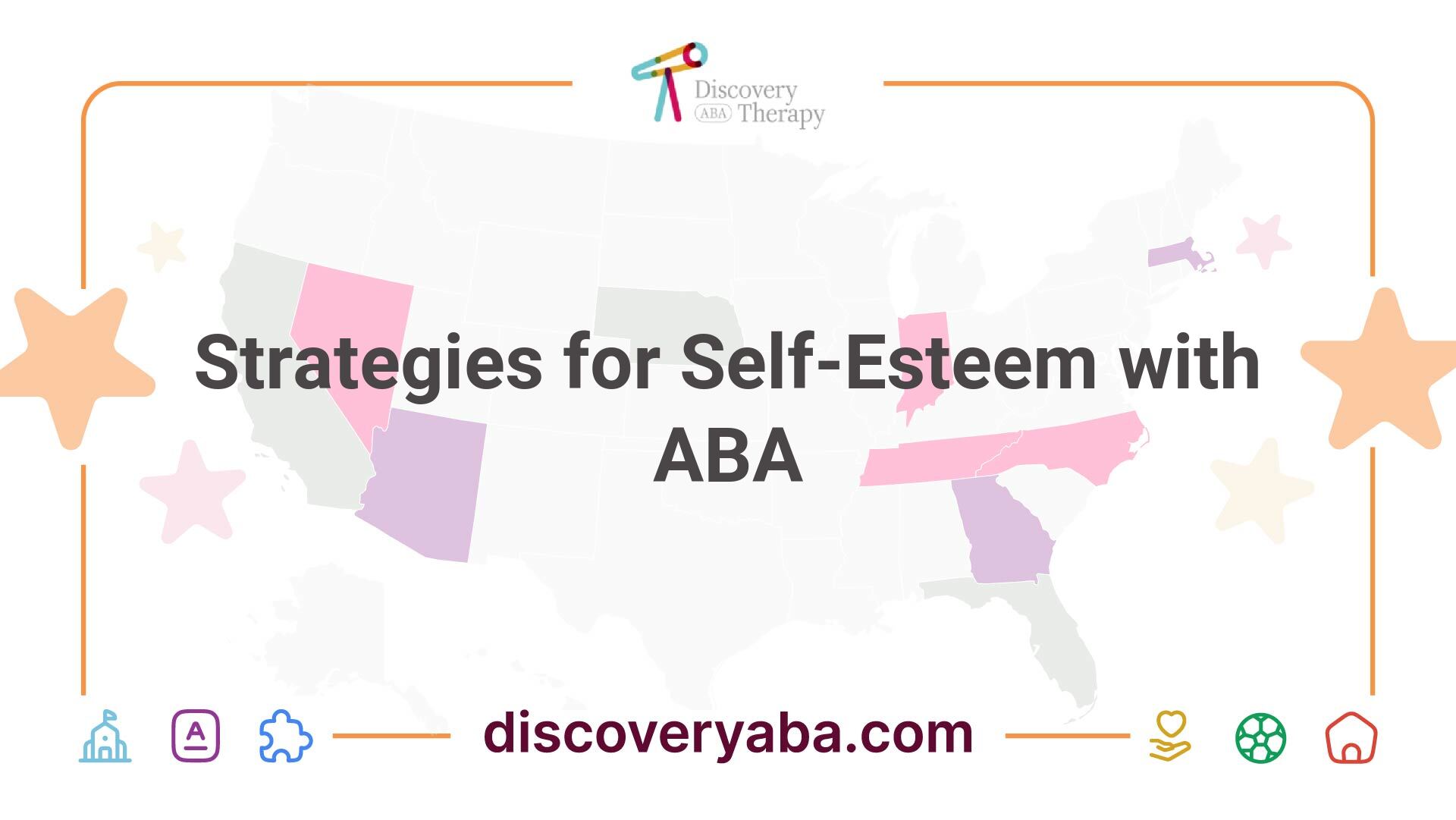




.jpeg)
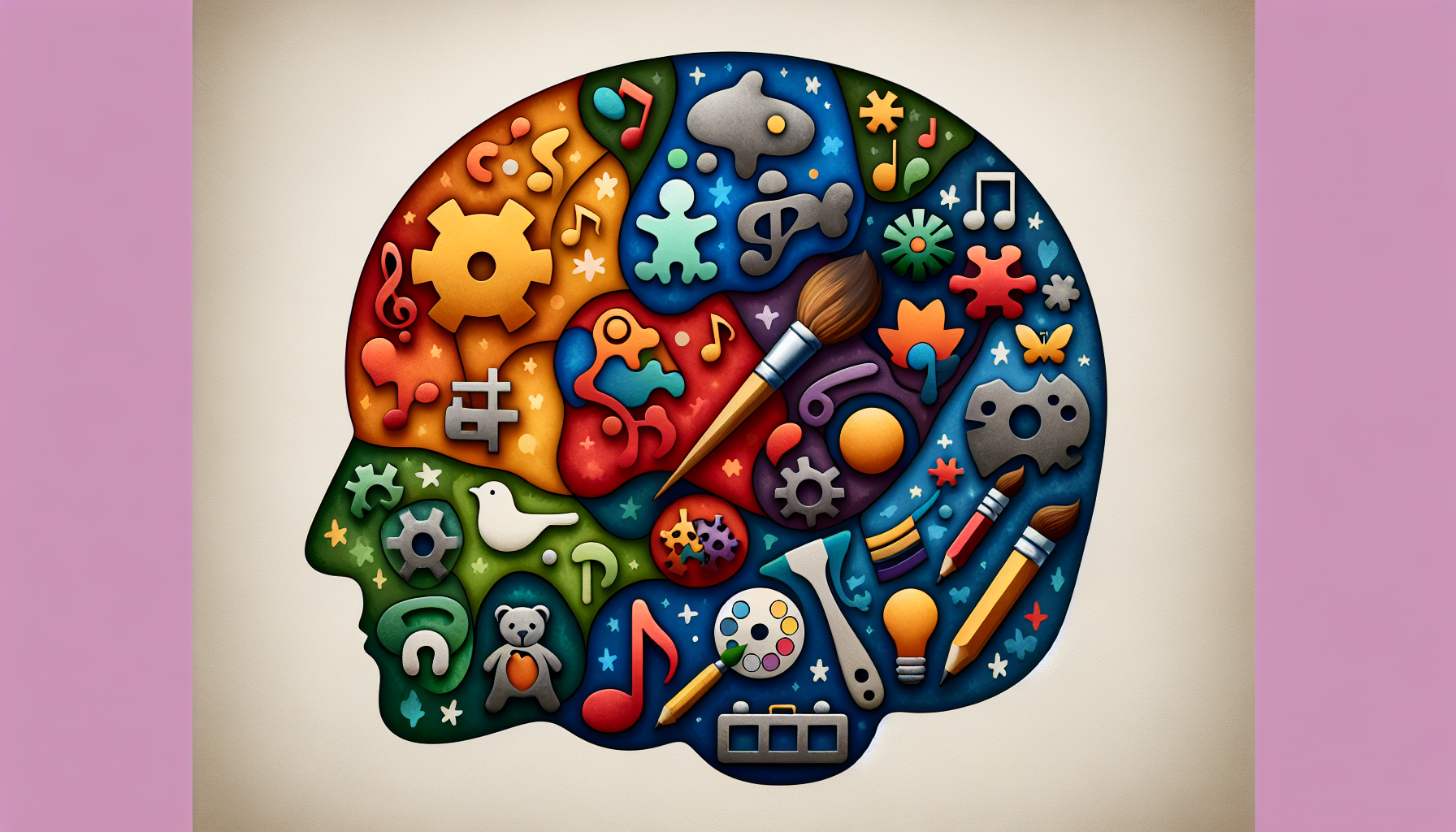






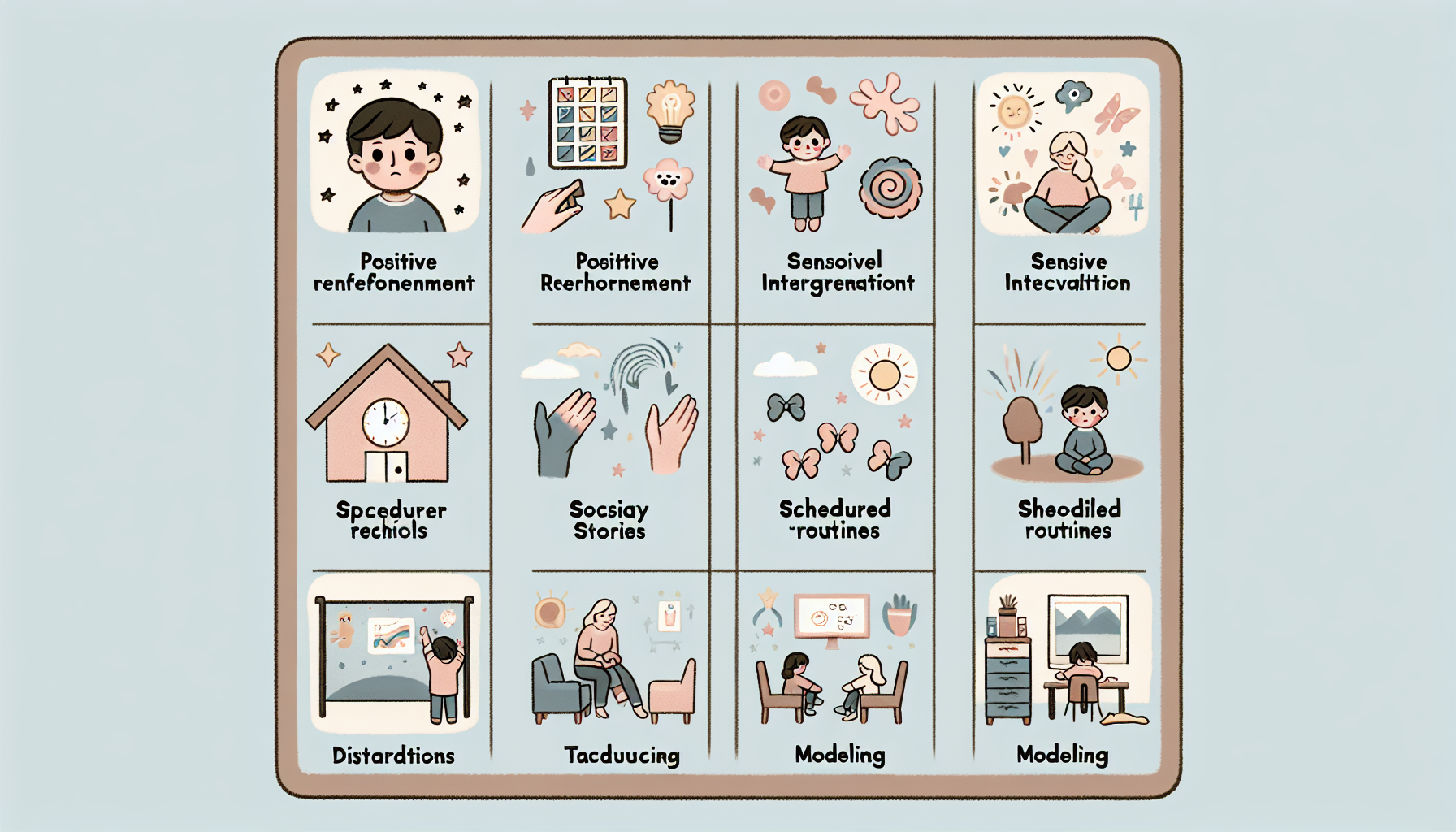

.jpeg)
.jpeg)



.jpeg)




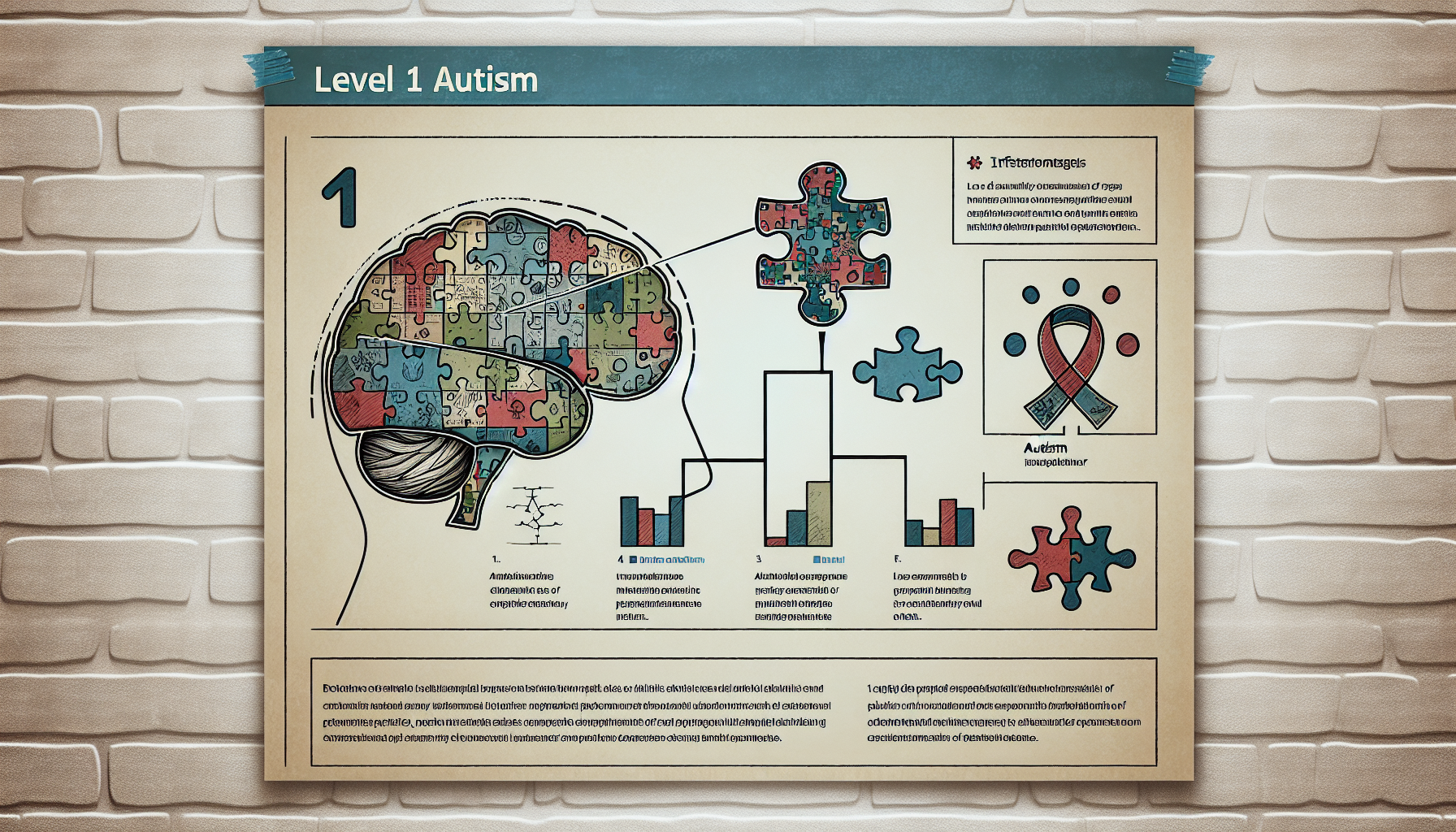











.jpeg)
.jpeg)



.jpeg)
.jpeg)
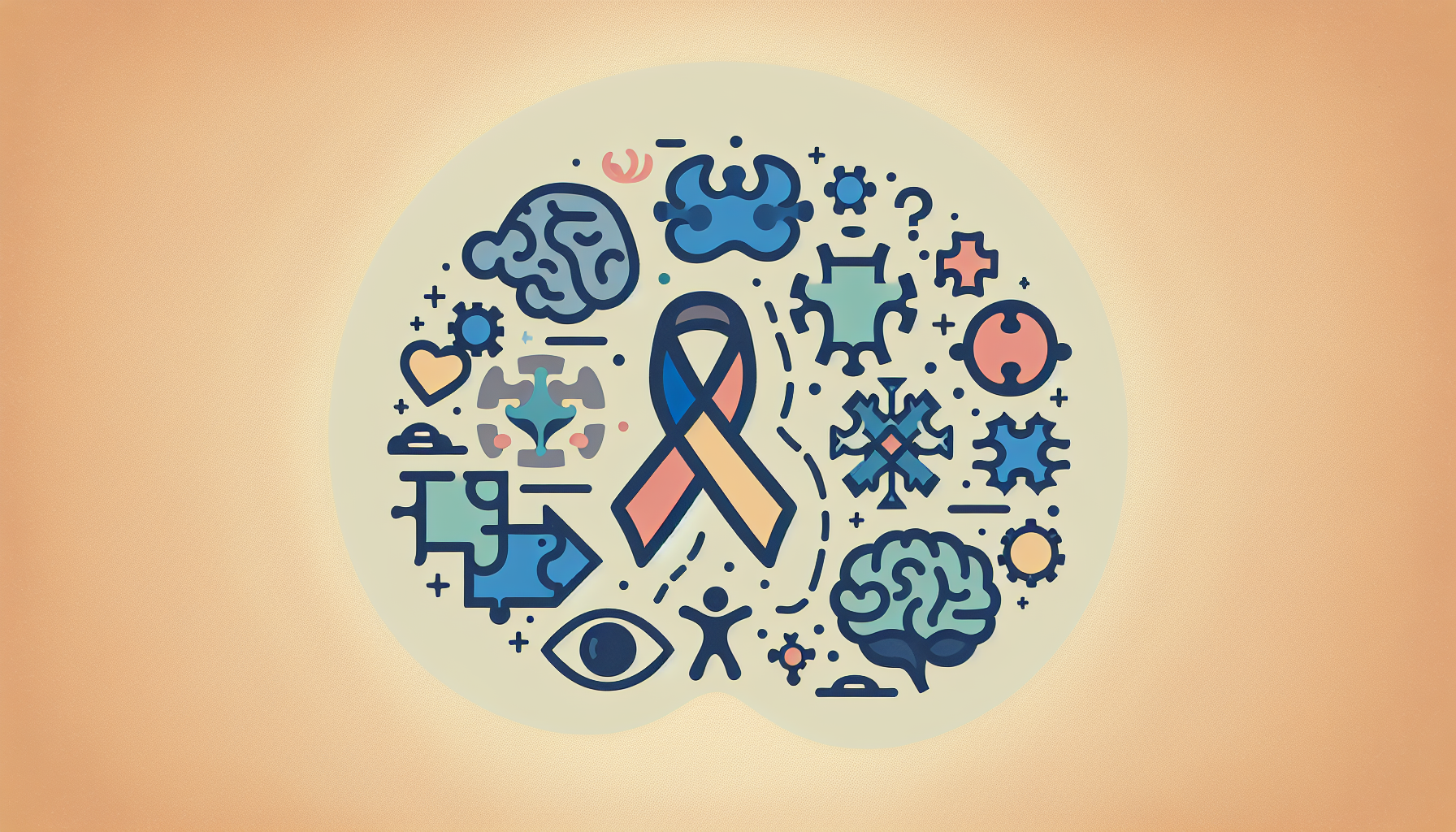






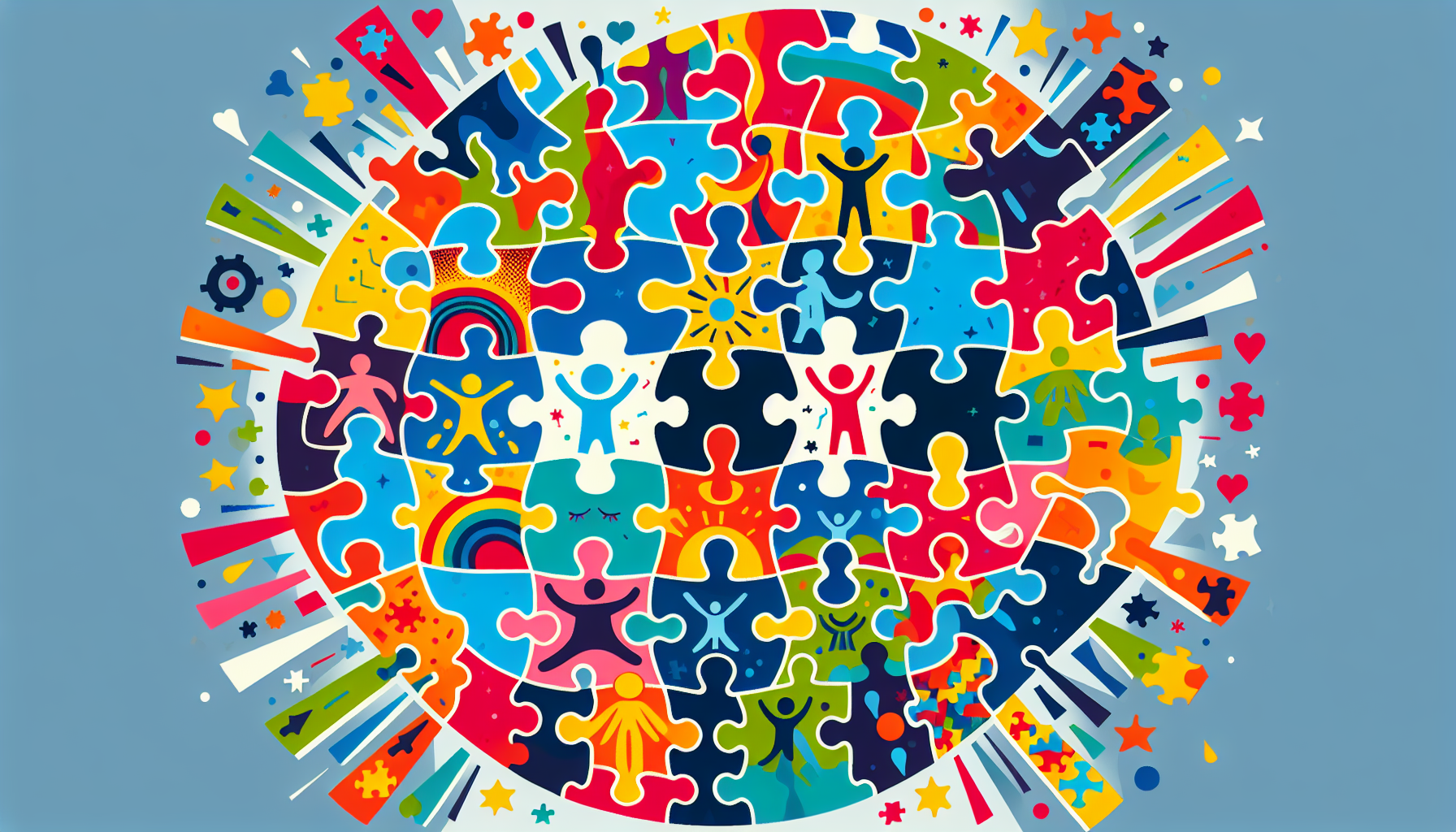



.jpeg)



.jpeg)



.jpeg)
